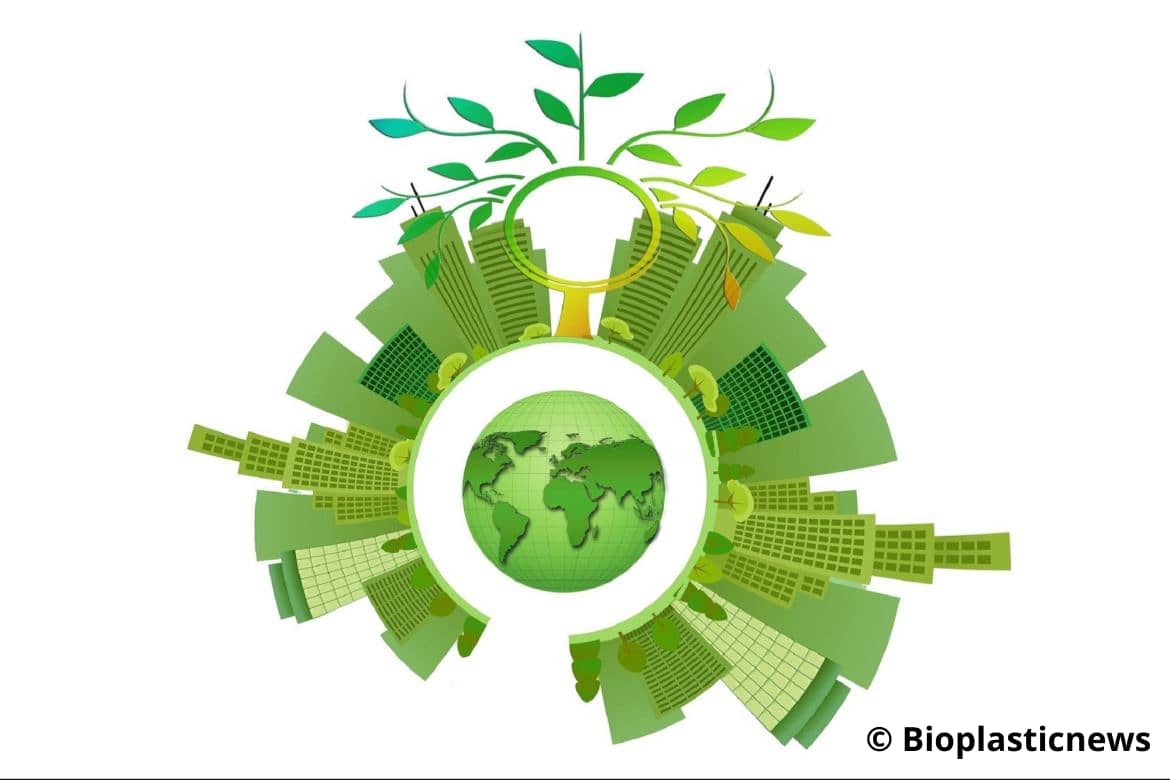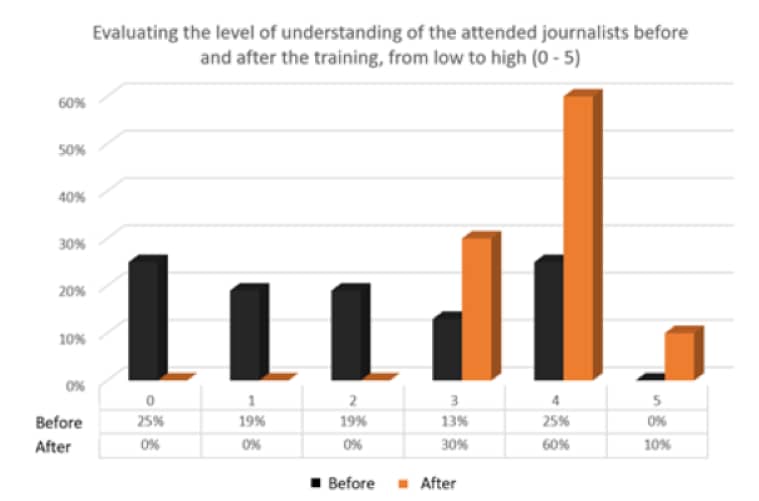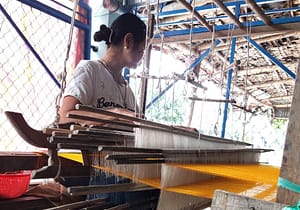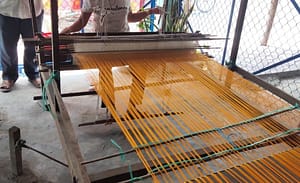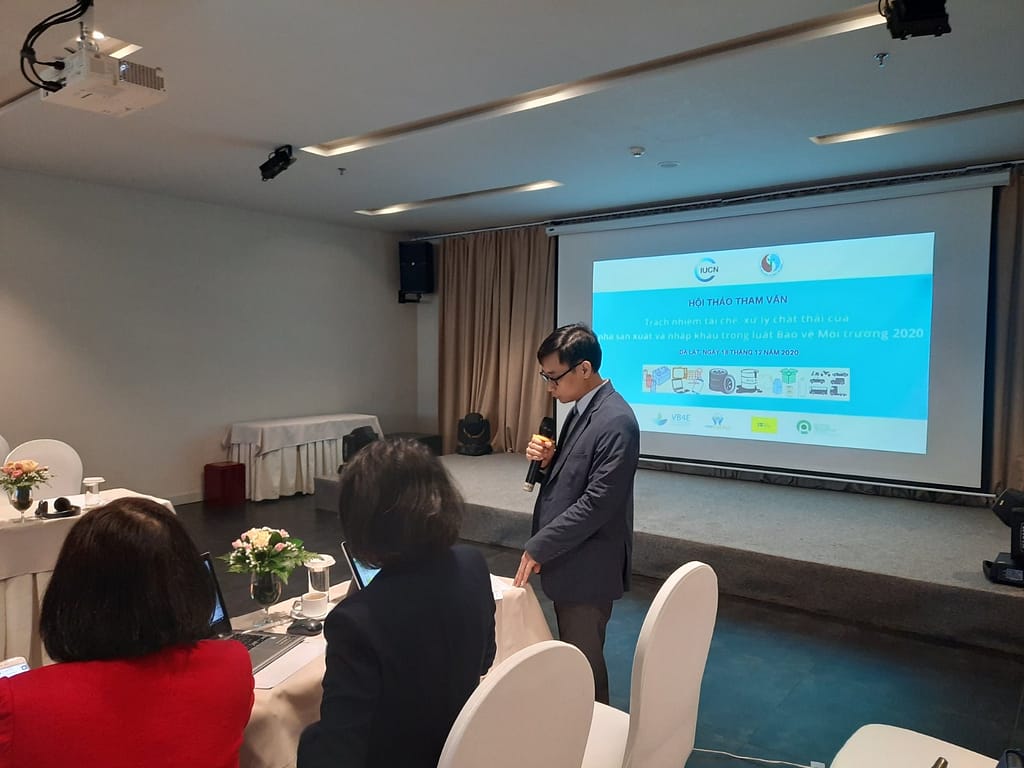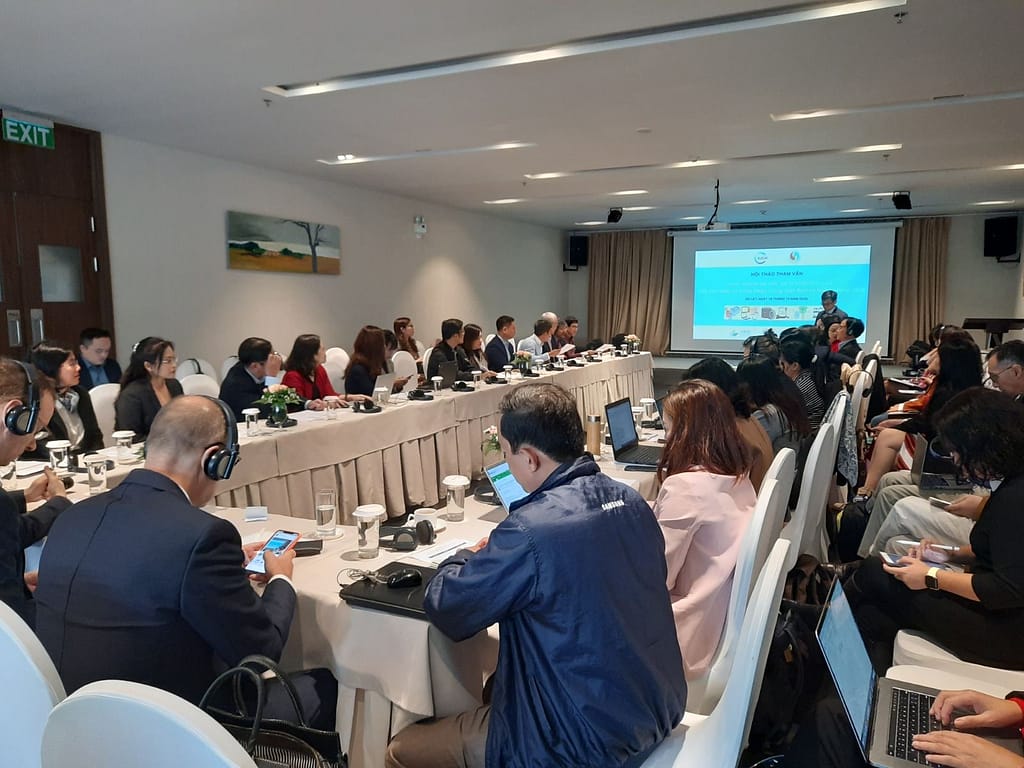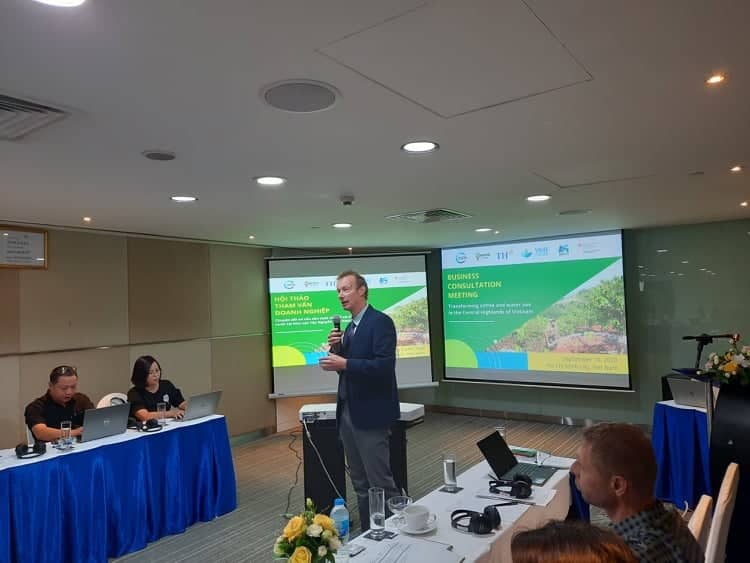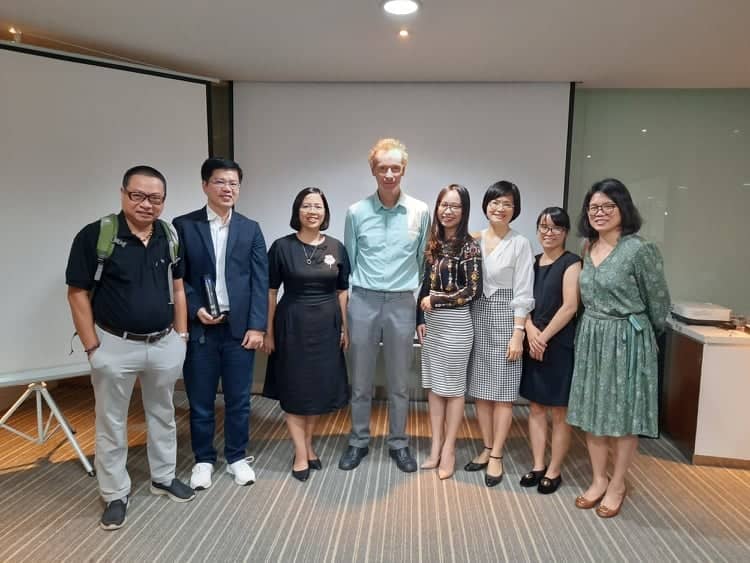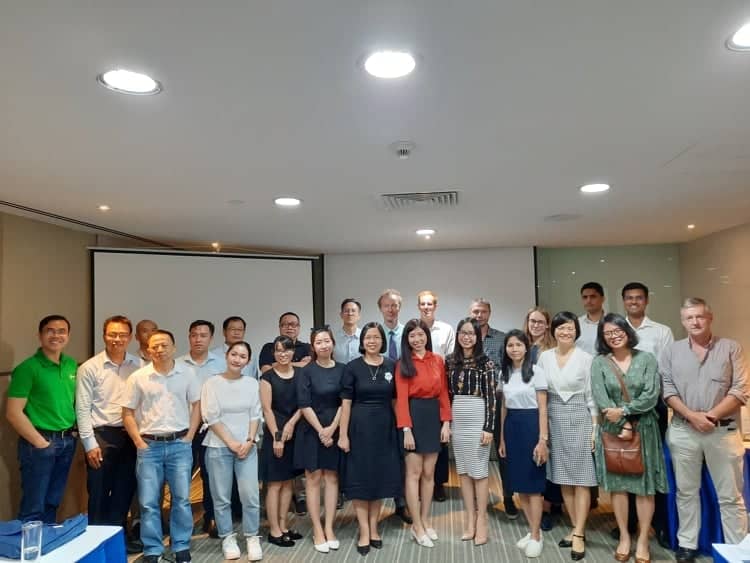Extended Producer Responsibility (EPR) is an approach to environmental policy where the producer’s responsibility extends to include the disposal stage in the product life cycle*.
Although the idea of EPR has been introduced in Law on Environmental Protection since 2005, its impacts have been modest. The fourth generation of Law on Environmental Protection, approved by the National Assembly in November 2020, has had significant changes in which the regulation about EPR is written in article 54 (recycling waste) and article 55 (disposing of waste).
The EPR draft decree applies to 06 product categories: battery, electronic devices, lubricants, tire tubes, vehicles, and packaging.
The EPR draft decree is under consultation with stakeholders. As of August 2021, a series of consultation workshops have been organized. Many opposing perspectives about the draft decree were raised especially by businesses as the EPR rollout would potentially lead to a significant change in the economy operation and social activities, accordingly will have impact on the interest of some business sectors. Therefore, the dissemination of correct and clear information about EPR and its draft decree is essential.
Aiming at providing journalists with updated information about EPR and playing the bridging role to connect to the readers, businesses and producers with accurate and timely information, on the 15-16th June 2021, IUCN collaborated with the Department of Legal Affairs, Ministry of Natural Resources and Environment to hold an online training workshop on EPR. 13 journalists from newspapers, radios and televisions attended the training including Vietnam Television Channel, VOV2, VNExpress, Cong Thuong Newspaper, Tuoi Tre Newspaper, Xay Dung Newspaper, Environment and Natural Resources Newspaper,…
A quick survey before and after the training workshop showed a significant increase in the understanding about EPR from attended journalists: 25% “No knowledge” about EPR before the meeting was decreased to 0% after the training. 25% “Moderate high knowledge” about EPR was increased to 60% after the training. This is a considerable change in the knowledge of journalists towards such a new topic as EPR.


